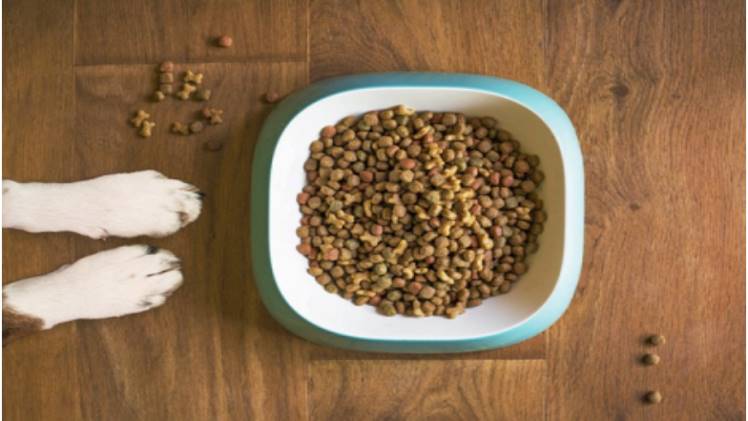Natural Solutions: Functional Pet Nutrition without Artificial Additives

Pets are more than simply animals; they are valued members of our family. As responsible pet owners, we prioritize the health and well-being of our beloved pets. One crucial aspect of pet care is nutrition. With the growing awareness of the importance of a balanced diet, many pet owners are seeking natural solutions for their pets’ nutrition needs, steering away from artificial additives that may pose risks to their beloved animals’ health.
Understanding Artificial Additives
Artificial additives are substances added to pet food during processing to enhance flavor, texture, appearance, and shelf life. While these additives may seem harmless, many of them have been linked to various health issues in pets. Preservatives, colorings, and flavor enhancers are some of the most common artificial ingredients.
The Dangers of Artificial Additives
The use of artificial additives in pet food has caused worry among doctors and pet owners alike. Some additives have been associated with allergies, digestive issues, and even serious conditions such as cancer. Long-term use of these substances can have a negative impact on pets’ health, reducing their quality of life.
Benefits of Natural Solutions
In contrast, natural solutions offer a safer and healthier alternative for functional pet nutrition. Natural Ingredients, without any of the artificial modification or additives can provide necessary nutrients for the general health and well-being of the pets.
Natural Ingredients to Look For
When choosing natural pet food, look for ingredients like real meat, whole grains, fruits, and vegetables. These ingredients are rich in essential nutrients, vitamins, and minerals that contribute to your pet’s well-being. Additionally, natural antioxidants and omega-3 fatty acids can help maintain healthy skin, coat, and joints.
Common Artificial Additives to Avoid
Pet owners should be vigilant about avoiding pet foods that contain artificial additives such as BHA, BHT, ethoxyquin, and artificial colorings. These additives have been linked to allergic reactions, hyperactivity, and organ damage in pets. Reading labels carefully and choosing products with minimal processing can help minimize exposure to these harmful substances.
Transitioning to Natural Pet Nutrition
Transitioning your pet to a natural diet requires patience and gradual changes. Start by incorporating small amounts of natural food into your pet’s current diet and gradually increase the proportion over time. Monitor your pet’s response and adjust the transition pace as needed to ensure a smooth adjustment.
Choosing the Right Natural Pet Food
When selecting natural pet food, opt for reputable brands that prioritize quality ingredients and nutritional value. Look for products that are free from artificial preservatives, fillers, and by-products. Additionally, consider factors such as your pet’s age, size, and specific dietary needs when choosing the right food formula.
Homemade Pet Food Recipes
For pet owners who prefer complete control over their pets’ diets, homemade pet food offers a customizable and natural alternative. Simple recipes using ingredients like lean meats, brown rice, and vegetables can provide a well-balanced and nutritious meal for your pet. However, consult with a veterinarian to ensure that homemade meals meet your pet’s nutritional requirements.
Supplements for Optimal Pet Health
In addition to natural food, supplements can help your pet’s health and treat specific issues.Omega-3 fatty acids, probiotics, and joint support supplements can all assist to improve general health and treat common issues like inflammation and digestive problems. Consult your veterinarian to discover which vitamins are best for your pet.
Consulting with a Veterinarian
Before making any significant modifications to your pet’s food, contact a veterinarian. A qualified professional can provide personalized recommendations based on your pet’s age, breed, health status, and dietary requirements. Regular check-ups and discussions with your vet can help ensure that your pet receives the best possible care and nutrition.
Case Studies
Many case studies have provided us with the information that supplying functional pets nutrition increases the overall health of the pets. From improved energy levels and coat condition to better digestion and weight management, the benefits of a natural diet are evident in the lives of countless pets worldwide.
Conclusion
In conclusion, prioritizing natural solutions for your pet’s nutrition is essential for their overall health and happiness. By avoiding artificial additives and opting for wholesome ingredients, you can provide your pet with the balanced diet they need to thrive. Remember to consult with your veterinarian and make informed choices to ensure the best possible care for your furry companion.

